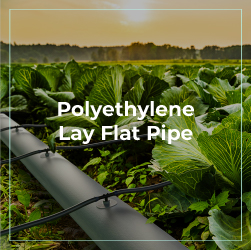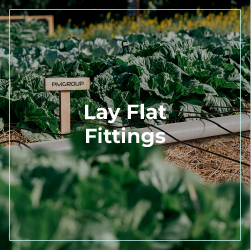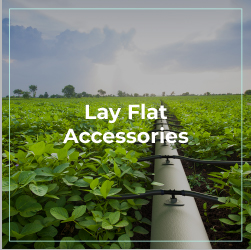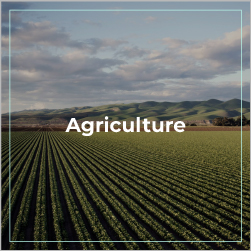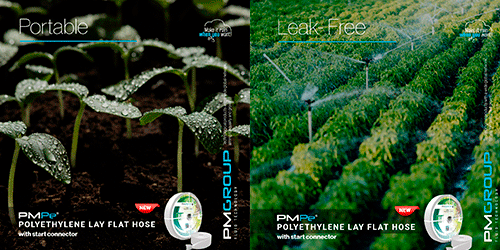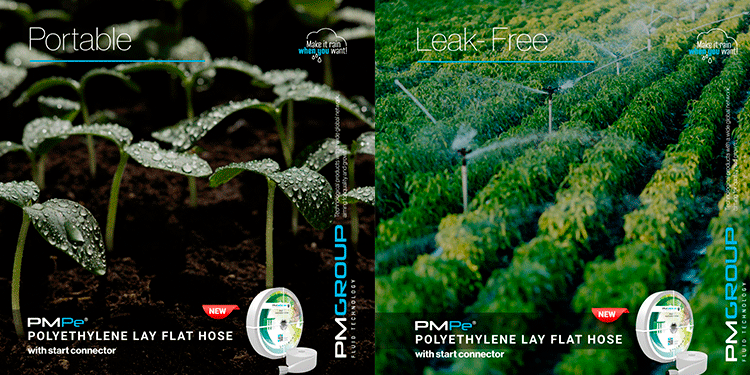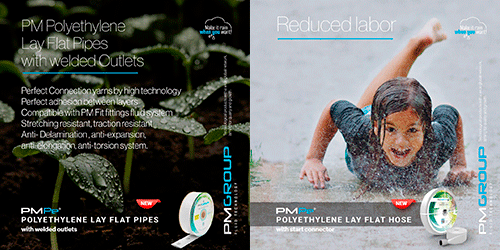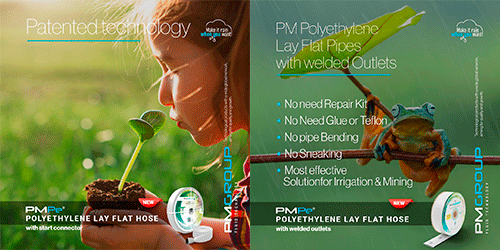Understanding Drip Irrigation
Before exploring its benefits, it’s important to understand what irrigation is. This method involves a network of tubing and emitters that release water at a slow, controlled rate. By minimizing evaporation and runoff, irrigation ensures that plants receive the moisture they need directly at their roots.
| Aspect | Description |
|---|---|
| Definition | A watering system that delivers water directly to the roots of plants through a network of tubing and emitters. |
| Water Release | Releases water at a slow, controlled rate to minimize waste. |
| Evaporation Reduction | Significantly reduces evaporation and runoff compared to traditional irrigation methods. |
| Targeted Moisture | Ensures plants receive the necessary moisture directly at their roots, promoting better growth. |
| Efficiency | Maximizes water use efficiency, leading to conservation and better crop yields. |
Benefits of Drip Irrigation
Water Conservation
One of the most significant advantages of irrigation is its ability to conserve water. Traditional irrigation methods often lead to substantial water loss due to evaporation and runoff. In contrast, irrigation delivers water directly to the plant’s root zone, reducing waste and promoting efficient water use. Studies show that irrigation can reduce water usage by up to 50% compared to conventional systems.
Drip irrigation not only conserves water but also enhances crop yields. By providing a consistent moisture level, plants are less stressed and can grow more robustly. This method encourages deeper root growth and improves overall plant health, leading to increased productivity and better-quality crops.
Drip Irrigation Reduced Weed Growth
Since irrigation delivers water directly to the plants, the surrounding soil remains dry. This reduced moisture in the soil inhibits weed growth, decreasing competition for nutrients and water. As a result, farmers can spend less time and resources on weed management, allowing them to focus on cultivating their crops.
Drip irrigation promotes better soil health by preventing erosion and maintaining soil structure. Unlike flood irrigation, which can cause soil compaction and runoff, drip systems maintain a stable environment. Additionally, the slow application of water can enhance nutrient absorption by the plants, fostering a healthier ecosystem.
Flexibility and Scalability
Drip irrigation systems are highly adaptable. They can be tailored to fit various crops, terrains, and farm sizes. Whether for a small home garden or a large agricultural operation, drip systems can be customized to meet specific needs. Furthermore, as technology advances, farmers can integrate smart irrigation systems that optimize water use based on real-time data.
While the initial setup cost for irrigation may be higher than traditional methods, the long-term savings are substantial. Reduced water bills, lower labor costs for weeding and fertilizing, and increased crop yields contribute to a favorable return on investment (ROI). Many farmers report that irrigation pays for itself within a few growing seasons.
Environmentally Friendly
Drip irrigation systems are eco-friendly. By conserving water and reducing the need for chemical fertilizers (since nutrients are better absorbed), they contribute to sustainable farming practices. Additionally, less water runoff leads to lower risks of soil salinization and pollution of nearby
With improved crop yields and reduced input costs, farmers using irrigation often see a significant increase in profitability. The precise application of water and nutrients not only maximizes growth but also enhances the quality of produce, leading to better prices in the market.
Investing in drip irrigation aligns with sustainable farming practices. As consumers become more environmentally conscious, farms that adopt such systems can leverage their sustainable practices as a marketing tool, attracting customers willing to pay a premium for responsibly grown products.
Long-Term Viability
As water scarcity becomes a pressing issue globally, adopting water-efficient technologies like irrigation ensures the long-term viability of agricultural operations. Farmers who embrace this method will be better positioned to adapt to changing environmental conditions and regulatory pressures regarding water usage.
Drip irrigation presents a multitude of benefits that extend beyond just water conservation. From enhanced crop yields and improved soil health to significant cost savings and increased profitability, the advantages of this irrigation method are clear. As the agricultural sector continues to face challenges related to water scarcity and environmental sustainability, irrigation emerges as a viable solution that promises substantial returns on investment. For farmers and gardeners alike, embracing irrigation is not just a choice; it’s a step towards a more sustainable and productive future.

